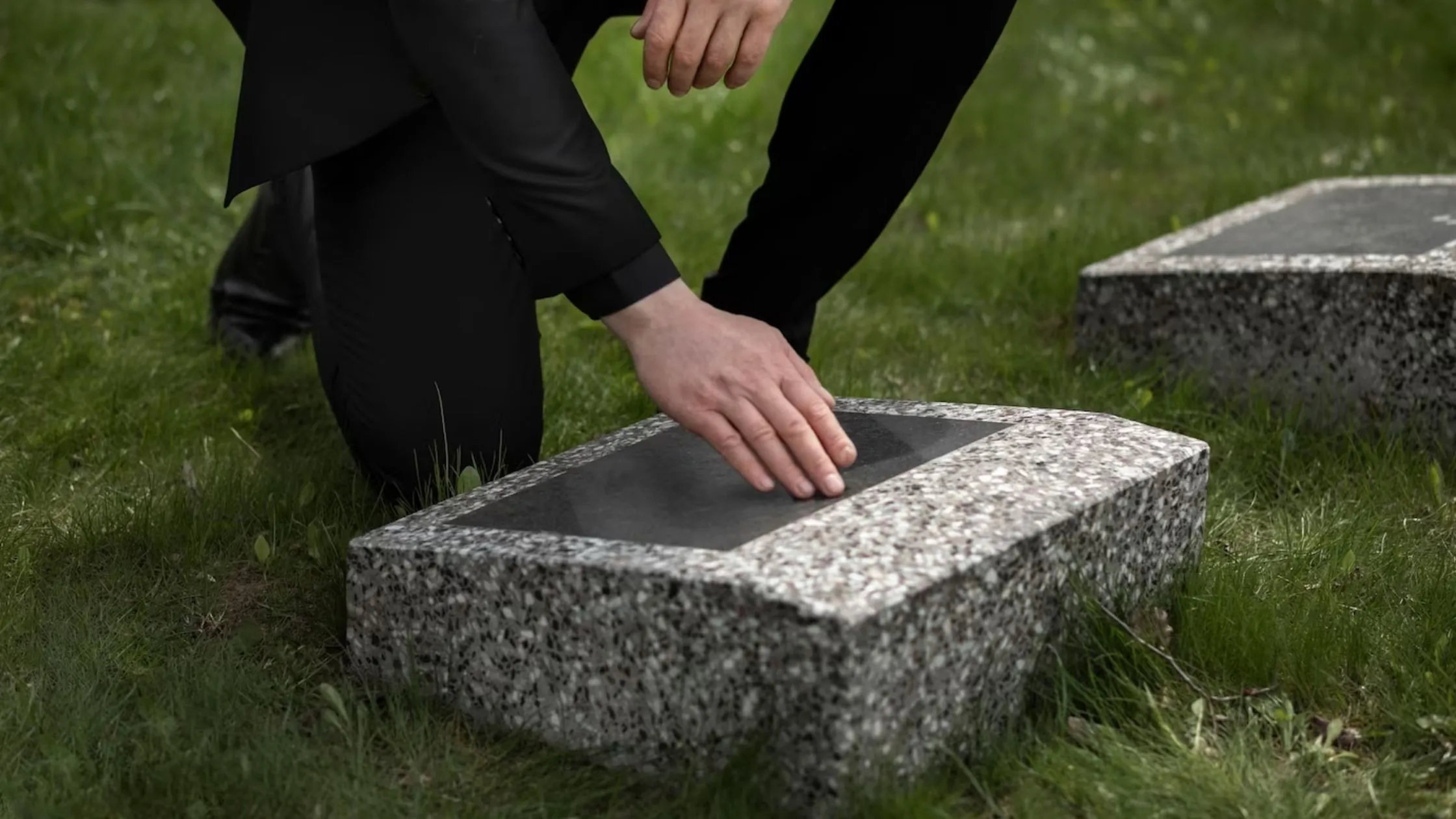What is Hernia

A hernia is a condition in which a tissue or organ penetrates the weak muscles and tissues around it. This may cause a noticeable extension that is also painful. Let’s read some types of Hernia.
Inguinal Hernia: This occurs in the groin when some intestine or abdominal tissue protrudes through a hole. Men get it more frequently.
Femoral Hernia: They are located in the groin, similar to inguinal hernias, but are less common. Tissue is emerging from a perforation in the abdominal wall.
Hiatal Hernia: This occurs when a portion of the stomach protrudes through the diaphragm into the thorax. It is associated with acid reflux.
Incisional Hernia: It develops following a previous abdominal operation. Muscles deteriorate and tissue bursts through.
Hernias lead to pain, swelling and protrusion. Some may be treated with lifestyle changes, while others demand surgery to strengthen the weak area and prevent recurrence.
How Hernia Occurs
Hernia occurs when the muscles are not strong enough and there is high pressure inside your belly. This causes organs or tissues to burst through a hole in the surrounding muscles and tissue. To clarify, it is as if something pierces through a hole or a weak area in your stomach.
Muscle Weakness:
Hernias usually happen in places where the tummy wall is naturally not so strong or where there were weak spots from before. The tummy wall has layers of muscles and tissue that help keep organs safe and supported. As time goes on, these muscles can get weaker because of things like getting older, genes, or being born with a condition. When the tummy wall is weak, there’s a chance that parts of the body can push through, creating a hernia.

Increased Abdominal Pressure:
When the inside of your belly experiences extra force, it can stress the weak parts of the tummy wall and lead to hernias. Some things that can add this pressure include:
1. If you strain when lifting heavy stuff and don’t use the right techniques, it can push your belly too hard.
2. Conditions like chronic coughing, as seen in diseases like chronic obstructive pulmonary disease or whooping cough, can increase pressure in your belly over a long time.
3. Carrying too much body weight can keep pressing on your belly muscles, possibly making them weaker as time goes on.
4. When a woman is pregnant, the growing baby inside her belly puts pressure on the belly wall, especially in the groin area. This makes pregnant women more likely to get inguinal hernias.
Herniation:
When tummy muscles turn weak and the pressure inside the abdomen increases, the weaker portion might rupture. It may then allow an organ, such as the gut to bulge slightly; resulting in a hernia. From this part sticking out you can feel a lump. It might be painful or uncomfortable, and there can also be other feelings. The above feeling is dependent on the type and location of erosion.
Symptoms of Hernia
Hernias may develop as a swelling or lump in one area. You could be able to sense the level of pain or discomfort; especially when lifting and straining You may feel uncomfortably heavy in your abdomen. You may also experience burning or painful sensation at the bulge, associated with swelling and tenderness.
You can also develop problems in bowel movements or urination. As the day progresses, these symptoms may worsen. Interestingly, the bulge may disappear when you lie down. Therefore, if you observe such signs then it is necessary to see a health care practitioner for the assessment and recommendation.
How to Prevent Hernia: Tips
It is hardly possible to prevent hernia, unless hernias are common in your family or you were born with a predisposition for them, there are several measures that can reduce the likelihood of developing such cases.
Maintain a Healthy Weight:
Carrying too much weight puts extra pressure on the muscles in your belly and raises the pressure inside your tummy. Keeping a good weight with healthy eating and regular exercise can ease this pressure and make the chance of getting a hernia lower.
Strengthen Abdominal Muscles:
Doing exercises that focus on your belly muscles can make your middle stronger and give more help to your belly organs. Add moves like planks, crunches, and pelvic tilts to your workout plan.
Proper Lifting Techniques:
In order to prevent strain of your abdominal muscles while lifting heavy objects, ensure that you lift them correctly. While lifting, bend your knees, keep you back straight and use the legs to get things up.
Avoid Straining During Bowel Movements:
When you push too hard while using the toilet, belly pressure goes up. Supporting smooth bowel movements throughout the day, fiber in your diet combined with plenty of fluids is crucial. This will maintain the process smooth and reduce too much tension.
Quit Smoking:
Smoking can make you cough a lot, and that coughing puts extra pressure on your belly. If you stop smoking, it’s not just good for your health in general – it also lowers the chance of getting hernias.
Treat and Manage Chronic Cough:
If you’re coughing a lot because of things like asthma or chronic bronchitis, it’s important to see a doctor. They can help figure out what’s causing the cough and give you the right treatment. Fixing the cough can make it easier on your tummy muscles.
Proper Posture:
Keeping your body in a good position helps make your middle part strong and lessens pressure on your belly. Pay attention to how you sit or stand for a long time.
Avoid Rapid Weight Gain or Loss:
Quick shifts in weight can stress the tummy muscles. Try to lose or gain weight slowly and steadily by eating a balanced diet and doing regular exercise.
Manage Conditions that Increase Risk:
To lower the chance of getting hernias, it’s important to handle health issues like ongoing constipation, chronic obstructive pulmonary disease (COPD), or any conditions causing extra pressure inside the belly. Managing these health concerns well can help minimize the risk of hernias.
It’s super important to see a doctor right away for the right evaluation and help.
How to Prevent Hernia: Diagnosis and Management
A condition called hernia happens when your inner parts pass through the part of your belly that is weak, therefore if you find a bulge or pain then consult the doctor immediately. The physician may perform some specialized tests such as ultrasound or CT scan in order to clarify the situation.
The treatment of hernia depends on the severity once diagnosed. Some small ones only require monitoring, but if it’s big or is the source of trouble – a common fix would be surgery. In surgery, the surgeon pushes back in place that is bulging and strengthens this weakened part.
Do simple things like maintaining good weight, develop strong abdominal muscles and lift objects properly to prevent hernias. If you are a smoker or living with long-standing health disorders, managing them can narrow your likelihood of developing hernias. If you ever feel like there may be the possibility of a hernia, it’s intelligent to speak with an appropriate doctor that can help guide or direct what is best for you.





